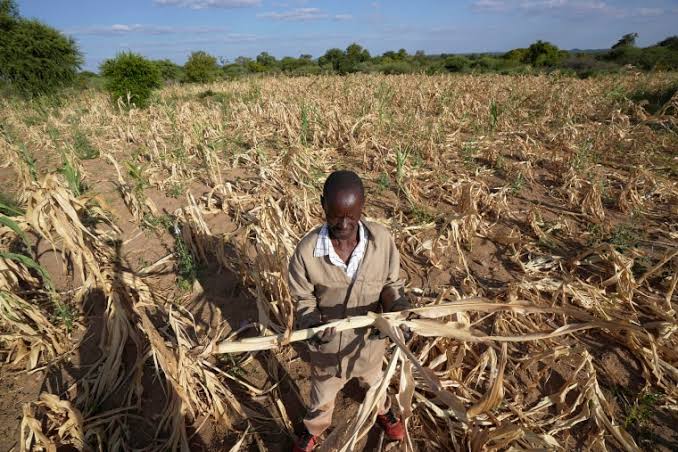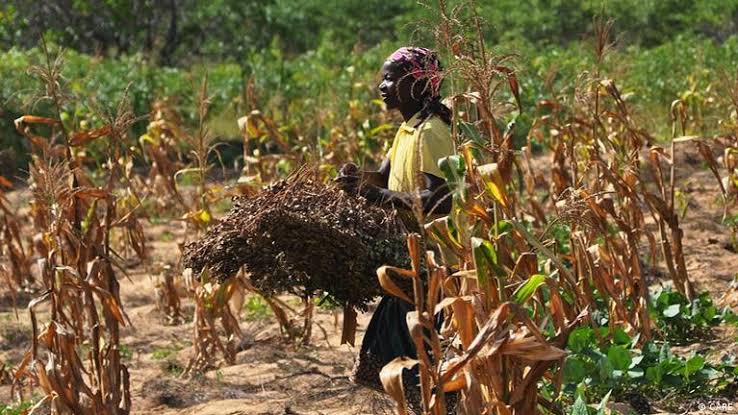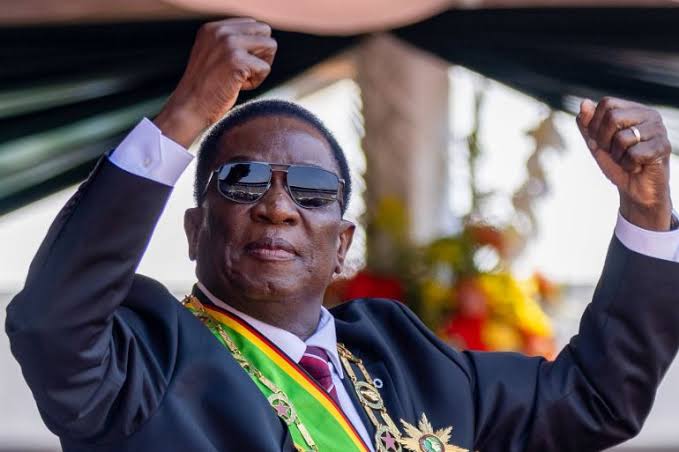Zimbabwe, on Wednesday, declared a state of disaster over a devastating drought that’s sweeping across much of southern Africa, with the country’s President Emmerson Mnangagwa saying it needs $2 billion for humanitarian assistance.
The declaration was widely expected following similar actions by neighboring Zambia and Malawi, where drought linked to the El Nino weather phenomenon has scorched crops, leaving millions of people in need of food assistance.

“Due to the El Nino-induced drought … more than 80% of our country received below normal rainfall,” President Emmerson Mnangagwa said in a speech calling for international aid. The country’s top priority, he said, is “securing food for all Zimbabweans. No Zimbabwean must succumb to, or die from hunger.”
He appealed to United Nations agencies, local businesses and faith organizations to contribute towards humanitarian assistance.
El Nino, a naturally occurring climatic phenomenon that warms parts of the Pacific Ocean every two to seven years, has varied effects on the world’s weather. In southern Africa, it typically causes below-average rainfall, but this year has seen the worst drought in decades.

The first few months of the year are traditionally known as the “lean period,” when households run short as they wait for the new harvest. However, there is little hope for replenishing food stores this year, and Mnangagwa said that even more people than previously forecast will likely need food aid.
More than 60% of Zimbabwe’s 15 million people live in rural areas, growing the food they eat, and sometimes small surpluses that can be sold to cover expenses such as school fees. With relatively little participation in the cash economy, many of those won’t be able to buy food even when it’s available in markets.
Mnangagwa’s declaration will open the way for aid agencies to mobilize international support for more aid, but many people may still fail to get assistance, which is likely to be targeted to the most vulnerable populations due to limited resources amid a global hunger crisis and a cut in humanitarian funding by rich governments.
Zimbabwe, once a regional agricultural powerhouse and grain exporter, has in recent years relied more and more on aid agencies to avert mass hunger due to extreme weather conditions such as heat waves and floods.
The United Nations’ World Food Program has already rolled out a food assistance program targeting the 2.7 million people in the country from January to March.
Join our WhatsApp community via https://goquick.ly/cj8q2 for instant and latest news updates.


